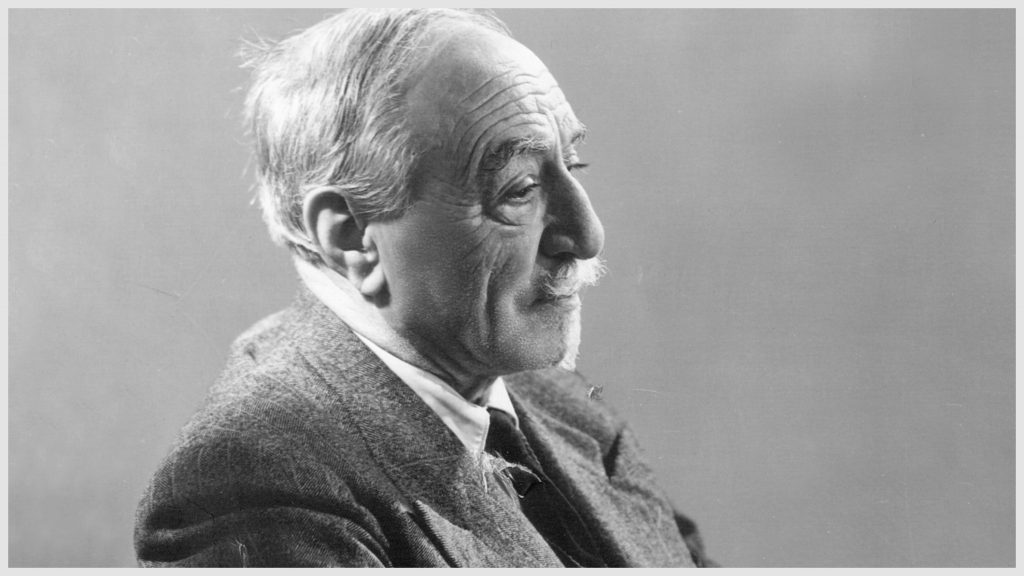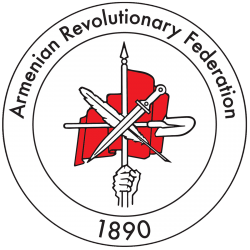Levon Seghposian - Levon Shant
 06 April , 1869 -
29 November , 1951
06 April , 1869 -
29 November , 1951
Born in Scutari, in Constantinople, Levon Shant attended the Üsküdar Armenian school until age 14. He then attended the Gevorgian College of Ejmiatzin, from which he graduated in 1891. He returned that year as a teacher to Constantinople, where his first literary work was published by the local Hayrenik daily.
He furthered his studies in Germany and Switzerland (1892–1899), where he studied science, child psychology, education, literature, and history. He joined the ARF in its early days and did much work in the fields of culture, society, and politics.
Upon returning to Constantinople, Shant became a leading figure in Armenian theater. In addition to his work as a playwright, he was a poet and teacher.
He was vice-president of parliament in the Armenian Republic, and in April 1920 he led the Armenian delegation to Moscow, seeking entente with the Soviet regime.
After the Soviet takeover of Armenia, He settled in Cairo, Egypt, and in 1928 co-founded the Hamazkayin Cultural Association. Together with Nikol Aghbalian, in 1930 he founded the Hamazkayin Jemaran (College) in Beirut, serving as its principal. Despite his advanced age, he ran the school expertly until his death in 1951, ever active in intellectual and literary matters.
Among his best-known works are his plays, most of which had historical or philosophical themes: Hin Asdvadzner (Ancient Gods, 1909), Gaysre (The Emperor, 1914), Ingadz Perti Ishkhanouhin (The Princess of the Fallen Castle, 1921), and Oshin Bayl (1929). He also penned essays and booklets, including Azkoutiune Himk Martgayin Ungeroutian (Nationhood as the Basis of Human Society, 1922) and Mer Angakhoutiune (Our Independence, 1925).
Hin Asdvadzner premiered in Tiflis in 1913 and shook up the Armenian literary world. It was translated into English, German, Italian, French, and Russian. Konstantin Stanislavski directed a Russian production of it in 1917. Gaysre and Hin Asdvadzner are among the most frequently staged Armenian dramas.
